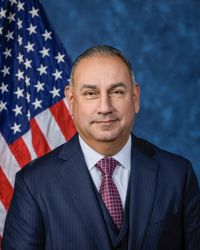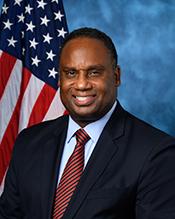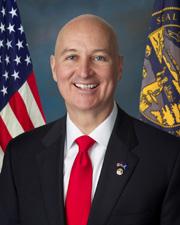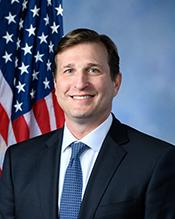H.R. 1784: Medicare Fraud Detection and Deterrence Act of 2025
The bill titled "Medicare Fraud Detection and Deterrence Act of 2025" aims to enhance measures against waste, fraud, and abuse in federal healthcare programs, specifically under Medicare. It proposes several key changes and procedures within the Social Security Act.
1. Deactivation of Provider Identifiers
The bill requires the mandatory deactivation of national provider identifiers (NPIs) for certain entities that have been excluded from federal health care programs due to fraud or abuse. Specifically:
- Entities that are excluded under specific sections of the law will have their NPIs deactivated within 180 days of the bill's enactment.
- The NPIs may be reactivated only when the exclusion is lifted.
- Annual reviews will be conducted to ensure compliance with this requirement by comparing exclusion lists with active NPIs.
2. Medicare Advantage Plan Requirements
The bill introduces new requirements for Medicare Advantage plans regarding data submissions:
- Medicare Advantage plans must include the unique health identifier of the service provider when submitting encounter data for certain items and services furnished to individuals.
- Encounter data lacking this identifier or containing inactive/invalid identifiers will be rejected by the Secretary of Health and Human Services.
3. Designated Items and Services
The items and services affected by the new Medicare Advantage data requirements include:
- Durable medical equipment
- Prosthetic and orthotic devices
- Clinical diagnostic laboratory tests
- Diagnostic imaging tests
- Home health services
4. Telehealth Service Requirements
Furthermore, the bill establishes regulations for telehealth services:
- Claims for telehealth services delivered by physicians with a contractual relationship to a telehealth company will require a newly created claims modifier.
- This modifier must be included when the telehealth service is billed to Medicare, ensuring that the claim meets specific identification requirements.
- A "specified entity" refers to a physician or practitioner engaged with a telehealth company that does not primarily provide in-person healthcare services.
5. Definitions and Compliance
The bill outlines several definitions to clarify the terms used, particularly with respect to provider relationships and telehealth services. It also refers to the establishment of a claims modifier to help identify covered telehealth services.
Overall Purpose
The primary goal of the Medicare Fraud Detection and Deterrence Act of 2025 is to strengthen the systems in place for identifying and preventing fraudulent activities in Medicare, thereby ensuring better protection of resources allocated to healthcare services.
Relevant Companies
- CNC - Centene Corporation: As a major player in the Medicare Advantage space, changes to requirements for encounter data could affect how Centene reports services.
- ANTM - Anthem, Inc.: Similar to Centene, Anthem operates Medicare Advantage plans, and may need to adjust their data reporting and compliance policies.
- MRK - Merck & Co., Inc.: Although primarily a pharmaceutical company, they may be indirectly affected depending on how the requirements influence suppliers of durable medical equipment and telehealth services.
This is an AI-generated summary of the bill text. There may be mistakes.
Sponsors
1 sponsor
Actions
2 actions
| Date | Action |
|---|---|
| Mar. 03, 2025 | Introduced in House |
| Mar. 03, 2025 | Referred to the Committee on Energy and Commerce, and in addition to the Committee on Ways and Means, for a period to be subsequently determined by the Speaker, in each case for consideration of such provisions as fall within the jurisdiction of the committee concerned. |
Corporate Lobbying
0 companies lobbying
None found.
* Note that there can be significant delays in lobbying disclosures, and our data may be incomplete.

























